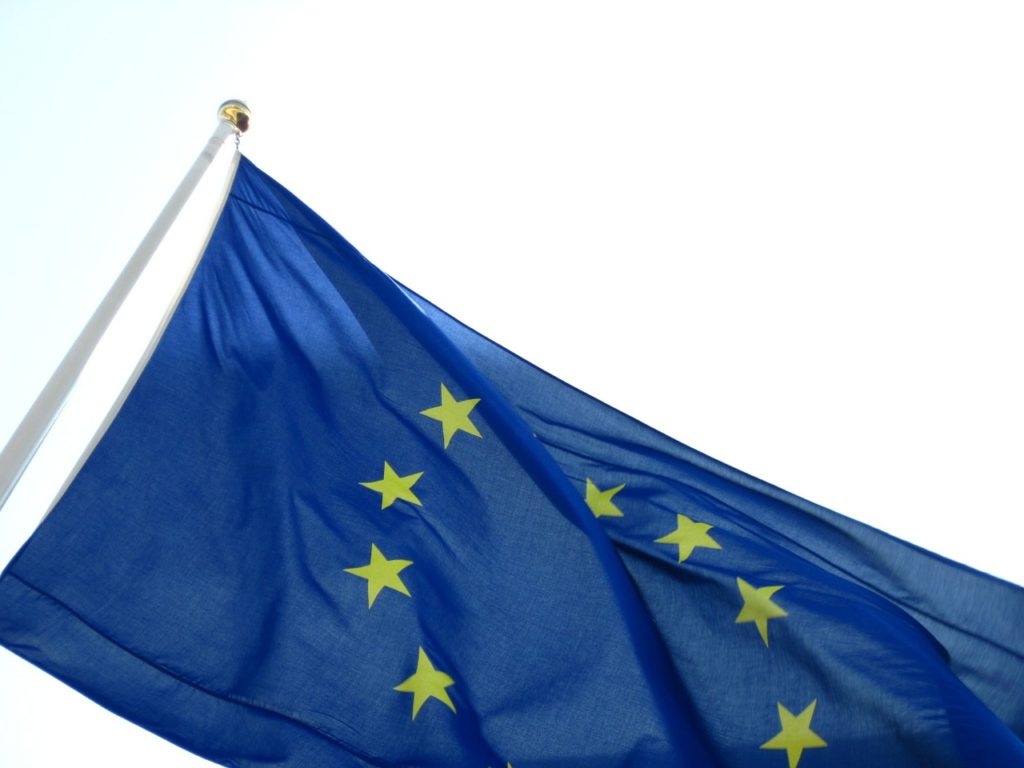The activity of the big tech companies has come under scrutiny and especially the European Union has increased the pressure. In a guest post Kayleigh Alexandra explains what the EU’s battle against Silicon Valley means for digital businesses and startups.
Does Silicon Valley wield far too much power throughout the Western world, if not the entire civilized world? As tech giants have continued to expand, the argument to that effect has certainly become both stronger and louder. The Cambridge Analytica scandal put Facebook’s feet to the fire, but it might be Google’s utter domination of search that’s the most concerning — control what people see and read, and you can influence what they think and do.
Whether your opinion of the European Union as an institution is broadly positive or negative, you have to acknowledge that it’s made a concerted effort in recent years to push back against this kind of corporate overreach.Including the 2018 implementation of GDPR, attacks on various fronts led up to the copyright reform that was finally agreed upon in early 2019, and it remains to be seen what will come next.
But putting politics aside, what significance does this hold for startups and growing businesses in the digital sphere? Is it cause for concern, celebration, or neither? Let’s consider it:
Copyright should begin to mean more
The core goal of this latest copyright initiative is to make it decidedly harder for companies that regularly aggregate files (most notably audio and video) to profit disproportionately from advertising on them — often making considerably more than the content creators or copyright holders (where different).
For digital startups in the EU that create content, or at least cultivate their brands without sourcing content from elsewhere, this is excellent news. It gives them more freedom to create content and profit from it without needing to cover everything they do in prominent watermarks (not that watermarks even dissuade most thieves — though the threat of legal action might).
Small companies hosting content won’t directly lose out…
In an effort to keep Article 13 (a much-maligned part of the new reforms) from adversely affecting startups, an exception was pointedly added to shield them. Any EU business that hosts content but is under 3 years old, has an annual turnover below $10m and averages fewer than 5 million monthly users is exempt from the worst of it.
Instead of needing to actively police their content, such businesses need only respond when directly challenged by copyright holders. This grace period is a good thing, I’m sure we can all agree on that. It goes some way to prevent cash-strapped entrepreneurs from having their ambitions derailed by complicated legal obligations before they can even get started.
…But they might find it harder to compete
In principle, the aforementioned exemption does a good job of allowing budding digital platforms to get their fundamentals established and their content checks in place before needing to threaten them with legal action — but what’s true in principle doesn’t always amount to much.
Here’s the problem: established businesses have not only already taken advantage of the data available in the wild-west era of the internet (over much longer than 3 years), but they’ve also built up plenty of equity to breeze through the expensive process of becoming fully compliant.
Outside of the obvious top dogs (Google, Amazon, et al.), we can consider the case of Shopify, an ecommerce host for SMEs and enterprise retailers alike that has hit the news at various points in the last few years for its eye-catching stock leaps: having plenty of financial muscle to flex, it was ready to adapt when GDPR came along, even providing this full explanatory section complete with a white paper to help its merchants get up to speed.
Now think of a comparable company getting started today. It would need to accommodate GDPR from the outset, dealing with the complex restrictions on data use. And while GDPR in itself might not be a huge barrier to innovation, any business that managed to pass that 3-year mark without accumulating a lot of financial clout would face a strong drive to protect data and avoid infringement. A drive it would need to face without expensive lawyers behind it.
Fair? Justified? I’d say so — but that isn’t the issue. The issue is that well-established businesses are now in highly advantageous positions, and instead of the limitations holding back the wealthy, they may end up doing little but inconveniencing smaller operations while barely touching the profits of the mega-corporations.
Regulated behavior is increasingly vital
If we’re to identify one general takeaway from all of this, here’s my suggestion: for better or worse, EU businesses big and small are increasingly being required to regulate their activities, and similar US businesses are also feeling the pressure from afar.
What this means for a digital startup (at least, one that has EU users) is that the time of laissez faire business experimentation has gone, and there’s no going back. The best thing an aspiring business owner can do is plan ahead and determine the legal implications of their business before they even start it.
Might it yet be a net positive, though? Helping startups protect their unique elements and develop healthy habits for dabbing with big data? Certainly, that’s entirely plausible. I just happen to come down on the side of healthy skepticism. Time will tell.
Kayleigh Alexandra is a writer at WriterZone and a campaign designer for MicroStartups, a website focused on helping charities and microbusinesses. After years working in the sustainability, marketing and creative industries, Kayleigh now loves to devote her time to supporting other businesses to grow and thrive. Visit her blog or follow her on Twitter @getmicrostarted for the latest news, tips and advice for startups and solopreneurs.


